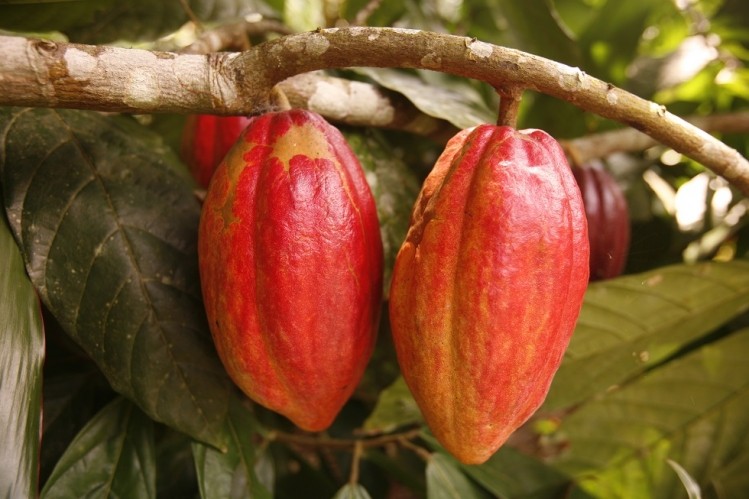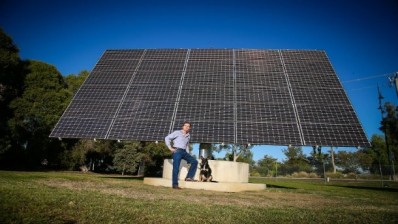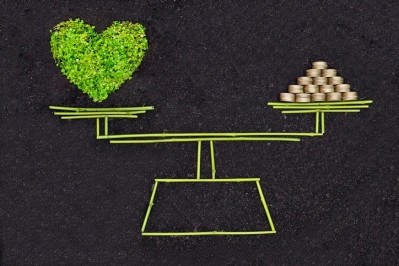Cocoa sustainability
Mars Wrigley Confectionery to triple global cocoa yields with better disease-resistant clones

Mars shared some of the scientific results from five new research articles published in the Journal Frontiers of Plant Science.
He noted the research was conducted in collaboration between Mars and multiple academic partners from institutes, including Universidade Estadual de Santa Cruz (Brazil), Clemson University and Washington State University.
“[These articles] build on work by Mars, IBM and the USDA to help sequence the cocoa genome,” said Mars. “It also adds to the work on higher yielding pest and disease resistant clonal varieties Mars has helped develop with cocoa growing countries [such as Brazil].”
Research highlights
Some of the highlights in the research include using SNP chip, a genomic tool, to characterize the genome in a way that each cocoa tree can be compared to each other.
“This is done quickly to assess their relatedness and to determine the presence of genes associate with key disease resistance traits,” a Mars’ spokesperson explained to us.
“Genetic markers can also enable the selection of plants with resistance to four important fungal diseases: ceratocystis cacaofunesta, moniliophthora roreri, moniliophthoraperniciosa and phytophthora palmivora,” added the spokesperson.
“Applying the knowledge gained through this work can help cocoa farmers produce more cocoa on less land and with less pesticide, which can improve their livelihoods,” said Mars.
So far, Mars Wrigley has been working with cocoa farms in Brazil and Ecuador to validate tree selections on a large scale using the genetic makers, the spokesperson told ConfectioneryNews. “Once we have validated this, many of the selections will be made available to smallholder farmers globally.
“We’re seeing farmer yields increase by two to three times with the SNP technology, when compared with current planting material available in West Africa,” said the spokesperson.
“We will also share the information being generated, including genetic makers, to inform breeding programs in West Africa… This has the potential to have a hugely positive economic impact.”
Industry action not ‘sufficient to move the needle on sustainable cocoa’
Mars Wrigley is among some of the biggest chocolate and cocoa producers that pledged to source 100% sustainable cocoa by 2020. Other companies include Ferrero, Hershey and Olam Cocoa.
By 2016, more than 50% of the company’s cocoa came from certified sources, according to its latest sustainability progress report.
However, “despite big leaps in our progress… the action taken so far by industry hasn’t been sufficient to move the needle on sustainable cocoa,” Mars noted.
It said the increasing cocoa yields should also be achieved through improved farmer practices as well as pest and disease control.
“This would free up land occupied with unproductive cocoa trees for farmers to grow other crops, including those for their own consumption,” said Mars.
The company noted its next sustainability progress report will be released later this year.














